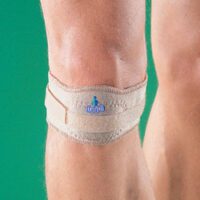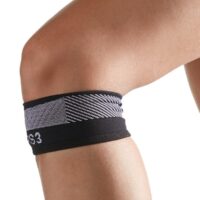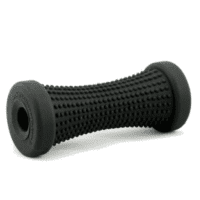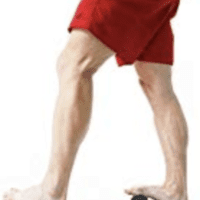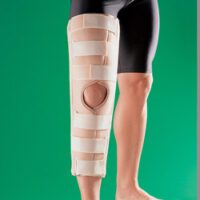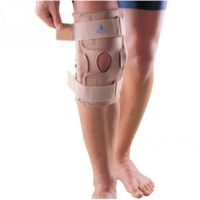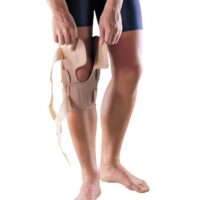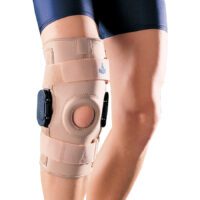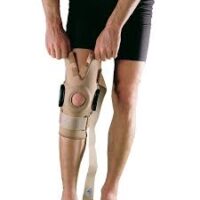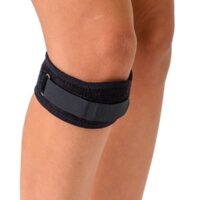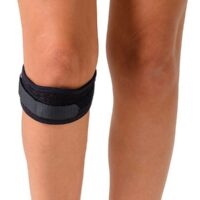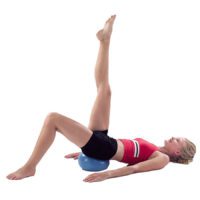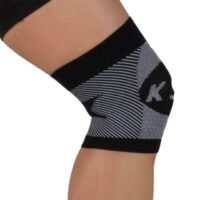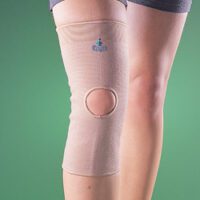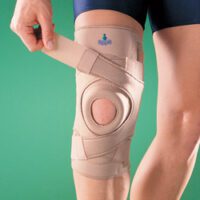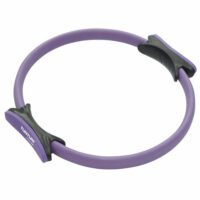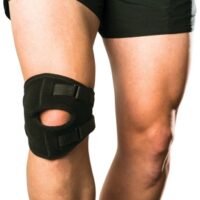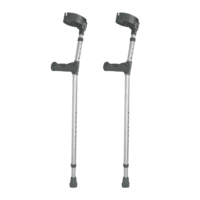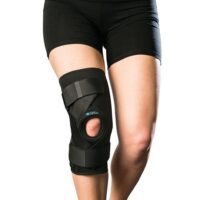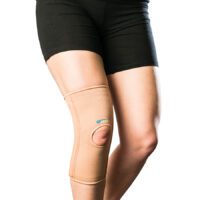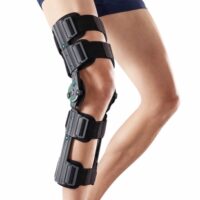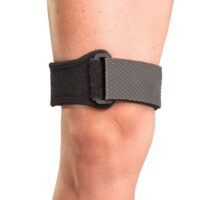MCL Sprain - Medial Collateral Ligament Injury
Article by John Miller

MCL Sprain
Medial Collateral Ligament Sprain
Knee injuries, particularly MCL (Medial Collateral Ligament) sprains, are common yet often misunderstood. As a vital ligament, the MCL links your thigh bone to your shin bone, stabilising your knee. Understanding how these injuries occur and the role of physiotherapy in recovery is crucial.
What Causes a MCL Sprain?
Typically, a direct blow to the outer knee causes MCL sprains. However, twisting motions or awkward landings can also be to blame. Activities requiring quick direction changes put your MCL under stress. Additionally, muscle imbalances, previous knee injuries, or poor balance can increase risk.
Diagnosing an MCL Injury
Physiotherapists play a key role in diagnosing MCL injuries. They’ll review your injury circumstances and examine your knee for swelling or tenderness.
Physical Examination:
A physiotherapist will assess the knee’s movement and stability. An MCL stress test may be performed to check ligament integrity.
Imaging Tests:
In some cases, MRIs or X-rays are necessary to visualize the injury extent.
MCL sprains are classified into three grades:
- Grade I: Mild injury with tenderness and minor pain.
- Grade II: Partial tear with noticeable knee looseness.
- Grade III: Complete ligament tear, leading to knee instability.
Treatment Approaches
Treatment varies based on the sprain severity. Mild cases might require rest and bracing, while severe injuries could need surgery. Physiotherapy is crucial across all stages, aiding in knee function restoration.

The Benefits of Physiotherapy for MCL Sprains
Accelerated Healing Process
Physiotherapy significantly enhances the healing process of MCL sprains. Specialised exercises and techniques employed by physiotherapists can increase blood flow to the injured area, speeding up the repair of the damaged ligament.
Reduced Pain and Swelling
Effectively managing pain and swelling is crucial following an MCL injury. Techniques such as ice therapy, compression, and elevation are pivotal in reducing swelling. Gentle exercises and manual therapy also play a key role in alleviating pain by releasing endorphins, the body’s natural painkillers.
Restoring Range of Motion
MCL sprains often lead to a restricted range of motion in the knee. Physiotherapy exercises aim to gradually restore this flexibility and movement. Stretching and strengthening exercises target not just the knee, but also the surrounding muscles, enhancing overall knee functionality.
Strengthening Surrounding Muscles
A vital benefit of physiotherapy is its focus on strengthening the muscles around the knee, particularly the quadriceps and hamstrings. Stronger muscles around the knee provide better support to the joint, thus reducing the likelihood of future injuries.
Improving Balance and Coordination
Impaired balance and coordination are common after MCL injuries. Physiotherapists use specific exercises designed to enhance proprioception — the body’s ability to sense movement and position. Improved proprioception helps prevent awkward movements, reducing the risk of further injury.
Personalised Treatment Plans
Physiotherapy offers personalised treatment plans, tailored to the individual’s specific injury, lifestyle, and recovery goals. This customised approach ensures the most effective and suitable recovery process.
Preventing Surgical Intervention
In many instances, physiotherapy can help avoid the need for surgical intervention. Even in severe cases of MCL sprains, a combination of physiotherapy techniques can sufficiently heal and restore knee function, eliminating the need for invasive procedures.
Education and Future Injury Prevention
Physiotherapists not only treat the injury but also educate patients on preventing future injuries. This includes advice on proper techniques in sports, ergonomic adjustments in daily activities, and exercises to maintain knee health.
Holistic Approach to Health
Physiotherapy takes a holistic approach, considering the patient’s overall health and lifestyle. This ensures that recovery from an MCL sprain is integrated into the patient’s daily routine, making the rehabilitation process more effective and sustainable.
Conclusion
In summary, physiotherapy offers a multitude of benefits for those suffering from MCL sprains. From speeding up the healing process and reducing pain, to preventing future injuries and potentially avoiding surgery, the role of physiotherapy is integral in the recovery journey and long-term knee health. It’s important to consult with a qualified physiotherapist to receive a treatment plan that’s specifically designed for your needs and recovery objectives.
What to Do?
If you think you’ve sustained an MCL sprain, consult a physiotherapist immediately. They’ll provide a comprehensive assessment and a tailored recovery plan, ensuring a safe and effective return to your daily activities.
Rochedale - Call 38410277
Book Online: RochedaleSalisbury - Call 32751044
Book Online: SalisburySandgate - Call 32691122
Book Online: SandgateRelated Articles
- Knee Ligament Injury – Physiotherapist Guide & Tips: Offers a comprehensive overview of various knee ligament injuries, crucial for understanding the broader context of MCL sprains.
- Can You Walk with a Torn Knee Ligament?: Knowing when you ae making a problem better or worse.
- Ligament Injury Guide: Symptoms, Prevention & Treatments: Explores different types of ligament injuries, their symptoms, and prevention methods. It’s a great resource for understanding the wider scope of ligament-related issues.
- Knee Sports Injuries: This article provides insights into various sports-related knee injuries, a common context for MCL sprains.
- Meniscus Tear: Meniscus tears often accompany ligament injuries in the knee, making this a relevant article for someone dealing with an MCL sprain.
- ACL Injury: As another common knee ligament injury, understanding ACL injuries can provide a more comprehensive view of knee health and injury prevention.
- Quadriceps Tendinopathy: Since the quadriceps muscle plays a role in knee stability, understanding its tendinopathy is beneficial for those with MCL sprains.
- Knee Pain FAQs: Answers common questions about knee pain, which is highly relevant for anyone experiencing an MCL sprain.












